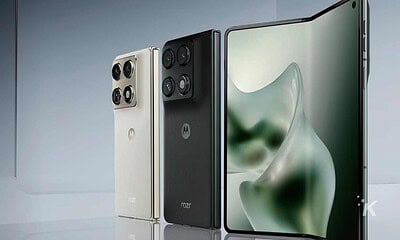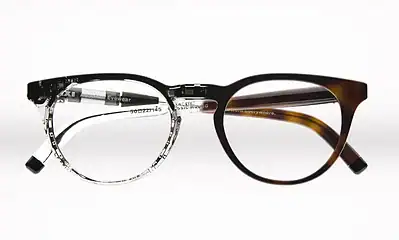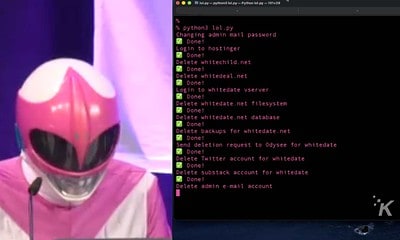News
Hackers can use Bluetooth to unlock and steal some Teslas
Many other app-based car keys are also vulnerable.
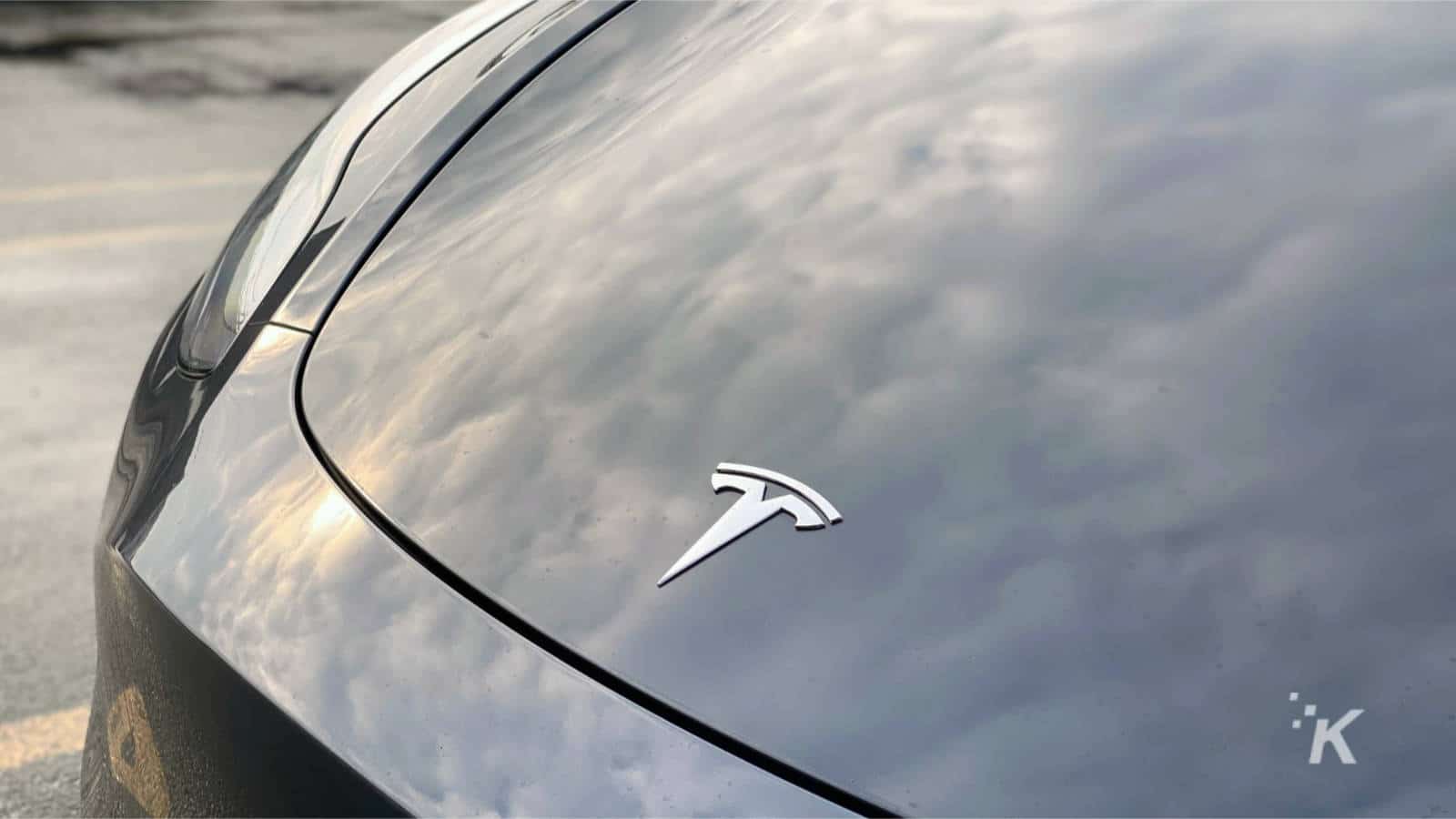
Just a heads up, if you buy something through our links, we may get a small share of the sale. It’s one of the ways we keep the lights on here. Click here for more.
A cybersecurity researcher has shown that the keyless entry system used on Tesla vehicles and other cars isn’t as secure as expected. Using $100 worth of hardware and custom software, the researcher showed how a hacker could unlock the car and drive off.
The hack was developed by Sultan Qasim Khan, principal security consultant at the Manchester, UK-based security firm NCC Group. It leverages the Bluetooth Low Energy (BLE) protocol that powers the app-based, keyless entry system used by Tesla and other automakers.
The so-called relay attack needs the hacker to get a hardware device near the owner’s smartphone or key fob. This then sends signals back to a second device, plugged into a laptop near the car. In the case of Tesla, Model 3 and Model Y models are affected.
READ MORE: Google warns of new spyware threat to iOS and Android users
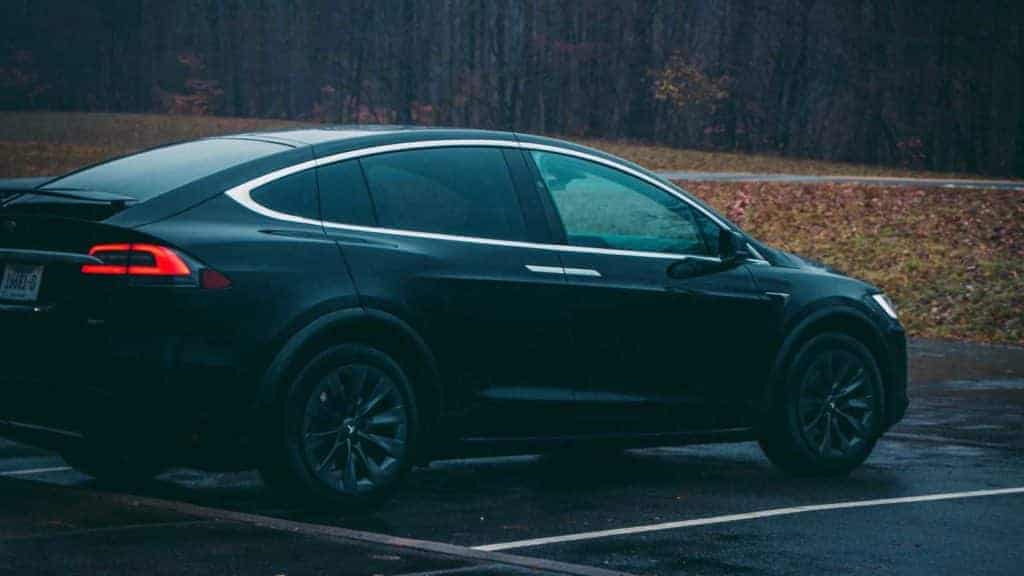
READ MORE: Tim Hortons, a Canadian treasure, has been spying on everyone
Customized software on the laptop takes just ten seconds to unlock the car and get it ready to start. It’s a chilling reminder of just how vulnerable some of our security systems are.
Khan says he disclosed the hack to Tesla, but the company decided it wasn’t a significant risk. Kwikset Corp, which manufactures smart locks for various systems, is also affected.
Kwikset says that iPhone users should turn on two-factor authentication in the Kwikset app for home security systems to mitigate the risk. The company is planning an Android app update, as well.
READ MORE: A new exploit lets hackers unlock any Honda made since 2012
Earlier this year, security researcher David Colombo also found a way to hack Tesla. While he never disclosed his methods, he found he could control all kinds of features in the vehicles, from flashing the lights to opening windows or doors.
Have any thoughts on this? Let us know down below in the comments or carry the discussion over to our Twitter or Facebook.
Editors’ Recommendations:
- Autonomous cars fail miserably at avoiding cyclists in AAA test
- Tesla could stop taking car orders because production can’t keep up
- GM and Honda are teaming up to make EVs that compete with Tesla
- Tesla recalls 130,000 vehicles due to overheating touchscreen


















